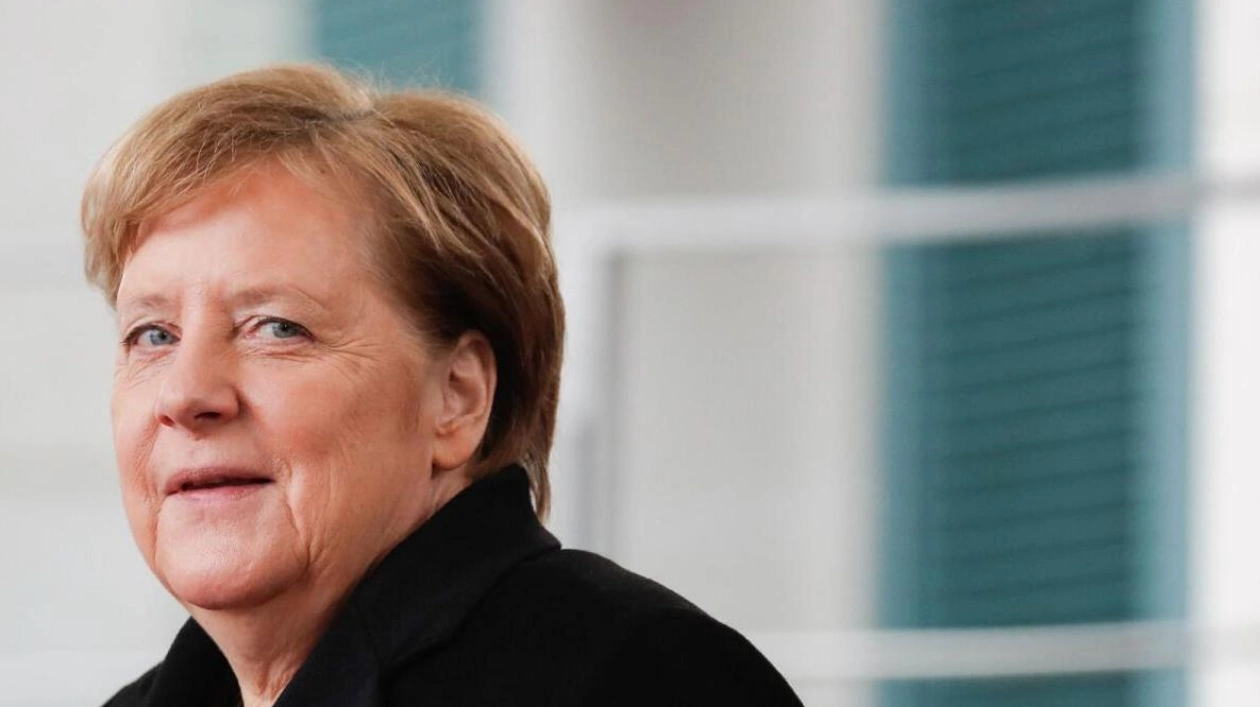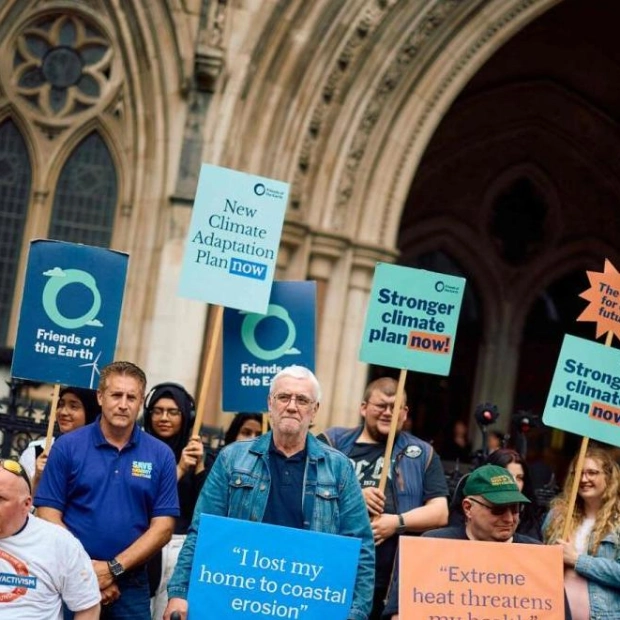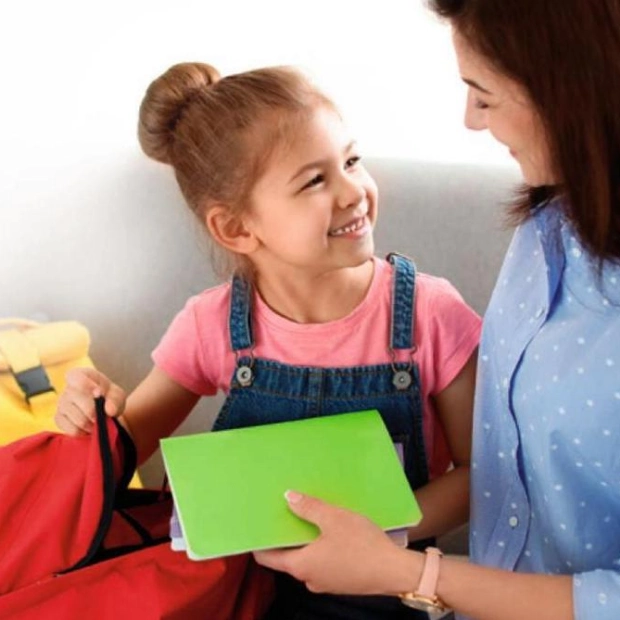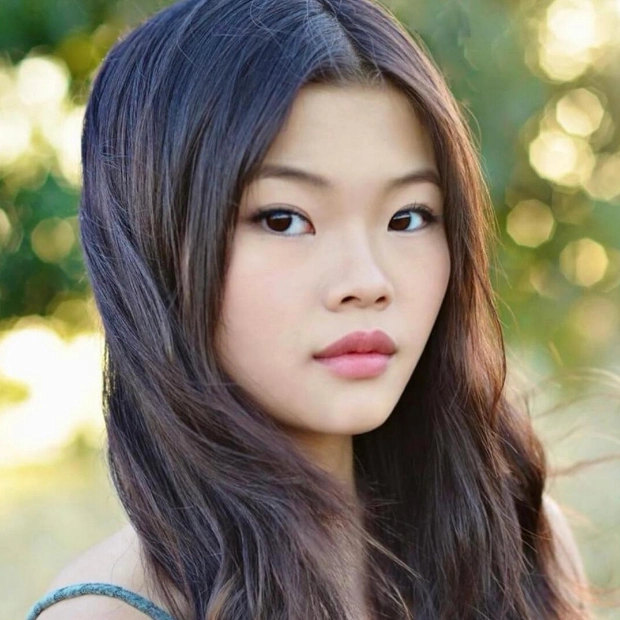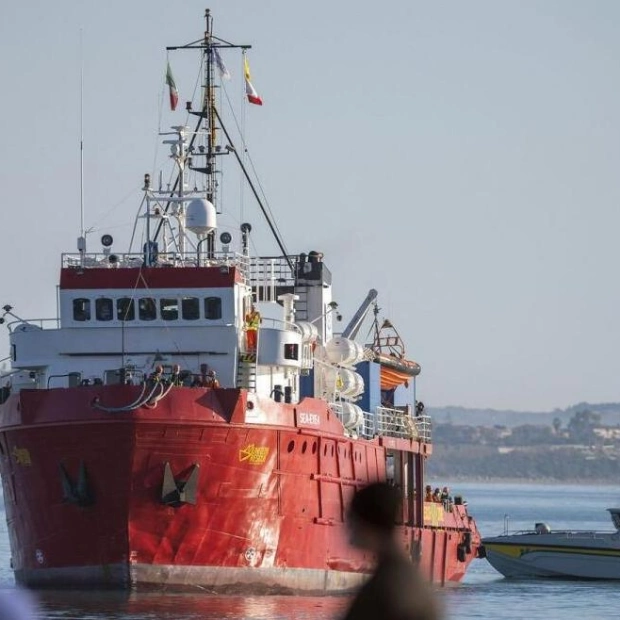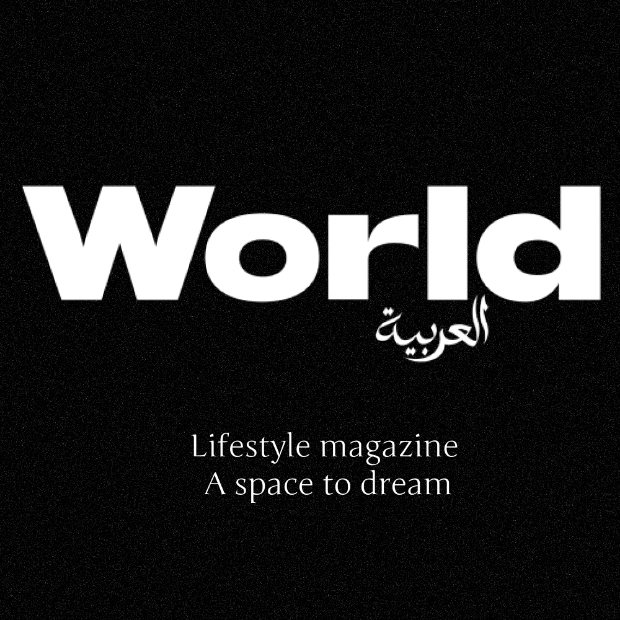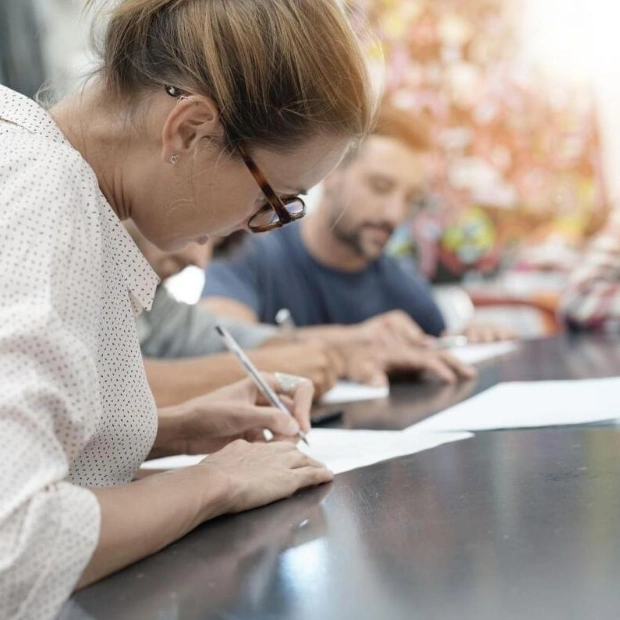Germany's ex-chancellor Angela Merkel passionately defends her 16-year tenure as the leader of Europe's largest economy in her memoir 'Freedom,' released in 30 languages on Tuesday. Since her departure in 2021, Merkel has faced accusations of being too lenient on Russia, leaving Germany overly dependent on inexpensive Russian gas and inadvertently fueling the rise of the far-right through her open-door migrant policy.
Her autobiography comes at a time of global unrest, with conflicts raging in Ukraine and the Middle East, Donald Trump's return to the White House, and Germany facing snap elections after its ruling coalition collapsed this month. Merkel, 70, known for her composed and steadfast leadership, refutes any blame for the current turmoil in her 736-page autobiography, co-written with her long-time advisor Beate Baumann.
Emerging from years out of the public spotlight, Merkel has granted several media interviews, reflecting on her childhood under East German communism and her tense interactions with Russian President Vladimir Putin and Trump, whom she perceived as 'captivated by politicians with autocratic and dictatorial tendencies.' In the memoir, she delves deeper into her decisions and thoughts, particularly during the 2015 refugee crisis, which marked the latter years of her leadership.
Critics argue that Merkel's decision not to turn back large numbers of asylum-seekers at the Austrian border led to over a million arrivals and boosted the far-right Alternative for Germany (AfD). Merkel, who once posed for a selfie with a Syrian refugee, expresses her continued confusion over how a friendly photo could be seen as encouragement for mass migration. While asserting that 'Europe must always safeguard its external borders,' she emphasizes that 'prosperity and the rule of law will always make Germany and Europe... places where people want to go.'
In the French edition of the book, she also notes that Germany's aging population necessitates legal migration. Her bold statement at the time—'wir schaffen das' or 'we can do this'—was a 'banal' declaration with the message that 'where there are obstacles, we must work to overcome them.' Regarding the AfD, she warns mainstream parties against adopting their rhetoric without offering concrete solutions, cautioning that such an approach will lead to failure.
Merkel, who speaks Russian, also defends her years of engagement with Putin, despite her reservations about the former KGB agent. She describes Putin as 'a man perpetually on the lookout, afraid of being mistreated and always ready to strike,' including by using a dog to play on her fear. Nevertheless, she believes it was correct 'not to let contacts with Russia be broken off... and to also preserve ties through trade relations.' She argues that 'Russia is, with the United States, one of the two main nuclear powers in the world.'
Merkel also stands by her opposition to Ukraine joining NATO in 2008, considering it unrealistic to think candidate status would have shielded it from Putin's aggression. After the summit, she recalls flying home with the realization that 'we in NATO had no common strategy for dealing with Russia.' The 2022 full-scale attack on Ukraine and the sabotage of the Nord Stream pipelines severed Germany's access to cheap Russian gas, significantly contributing to its ongoing economic struggles.
However, Merkel rejects criticism for allowing the Baltic Sea pipelines, noting that Nord Stream 1 was approved by her predecessor, Gerhard Schroeder, a long-time friend of Putin. On Nord Stream 2, she argues that it would have been 'difficult to get companies and gas users in Germany and many EU member states to accept' importing more expensive liquefied natural gas from other sources. She explains that the gas was needed as a transitional energy source while Germany transitioned to renewable energy and phased out nuclear power following the 2011 Fukushima disaster.
On nuclear power, she asserts that 'we do not need it to meet our climate goals' and that Germany's phase-out can 'inspire courage in other countries' to do the same.
Source link: https://www.khaleejtimes.com
